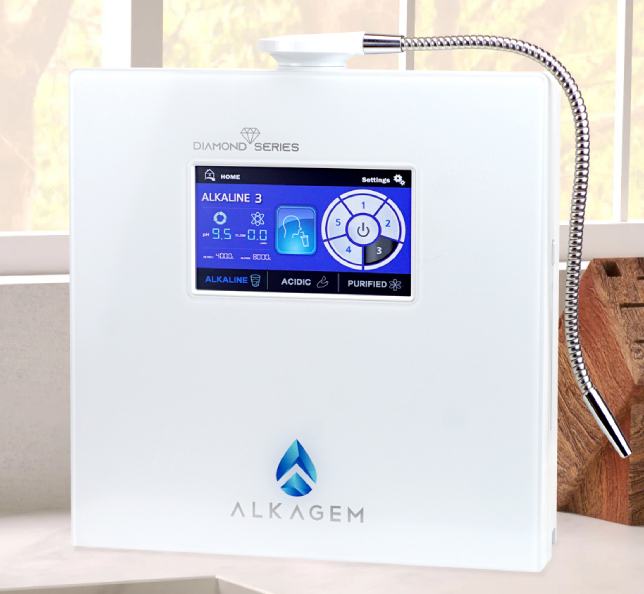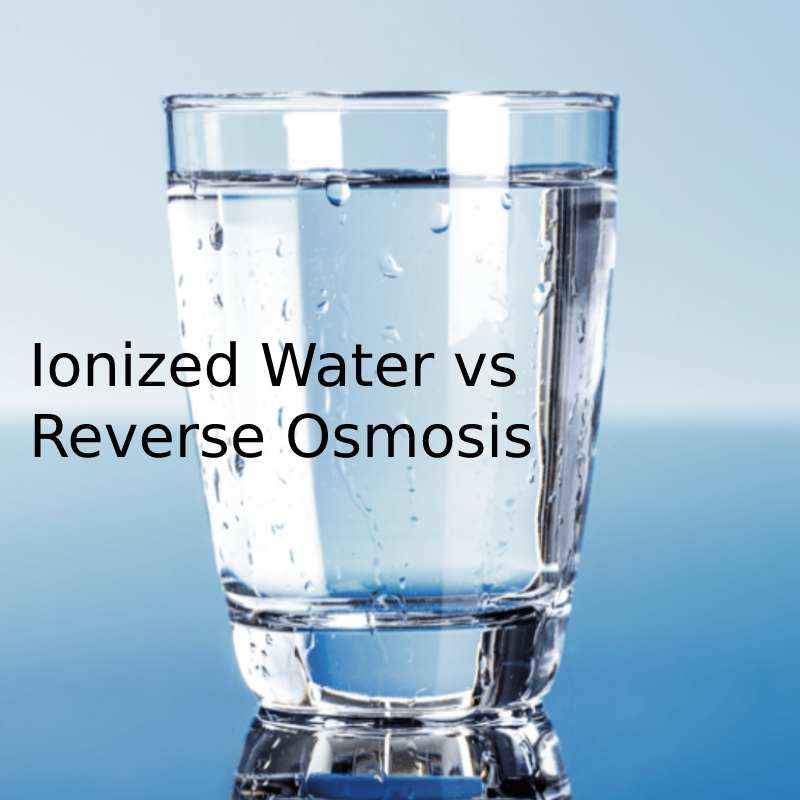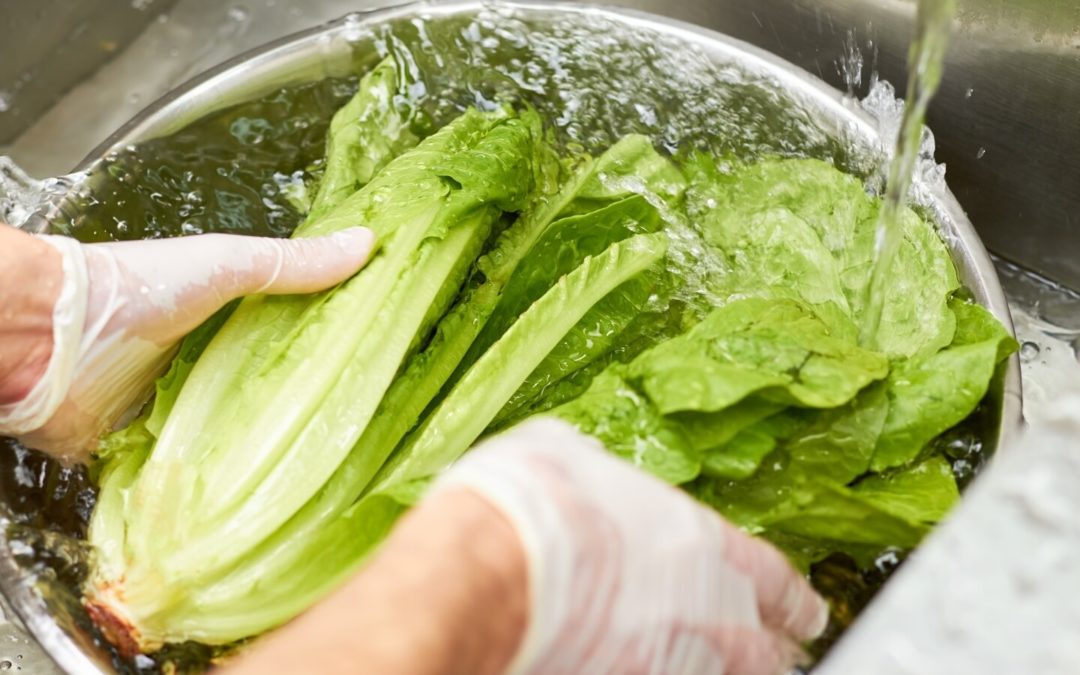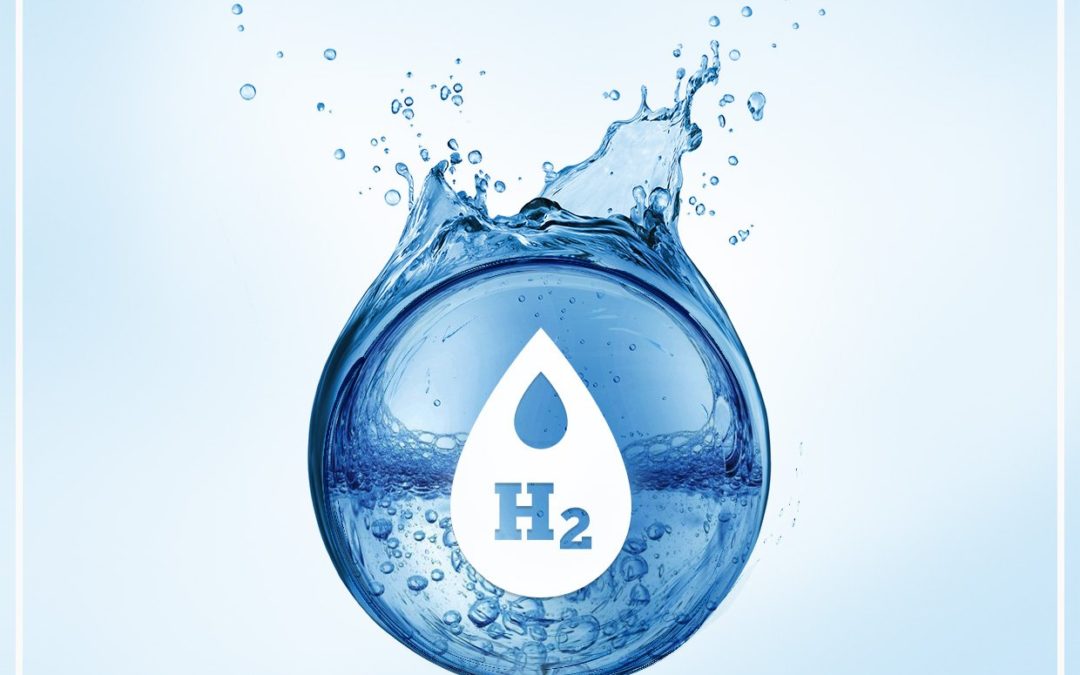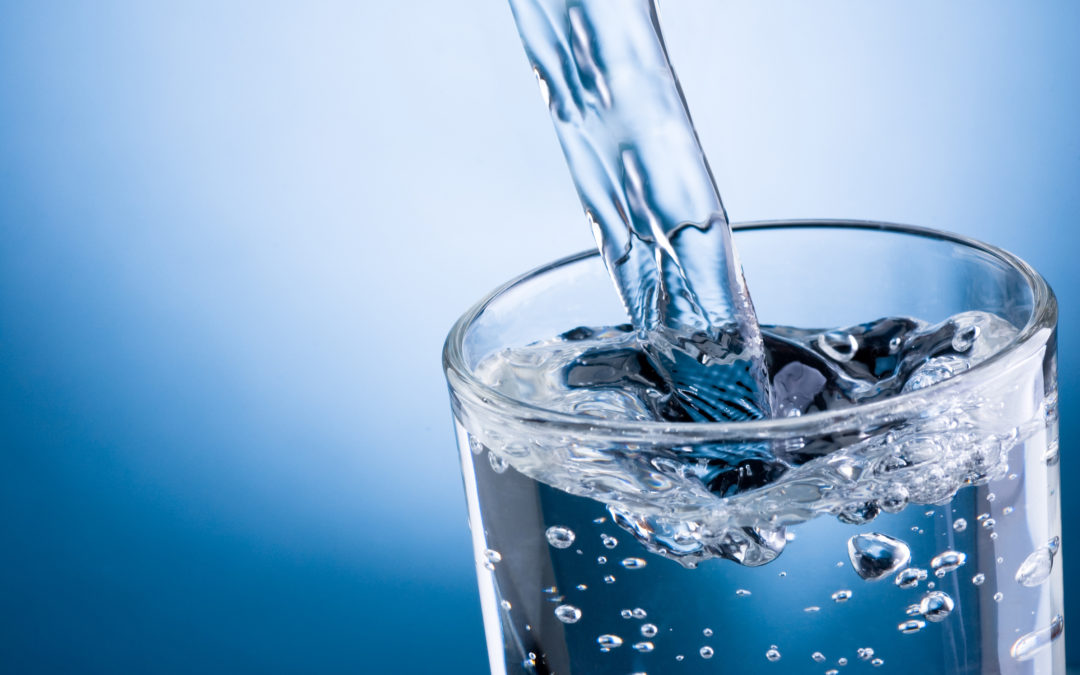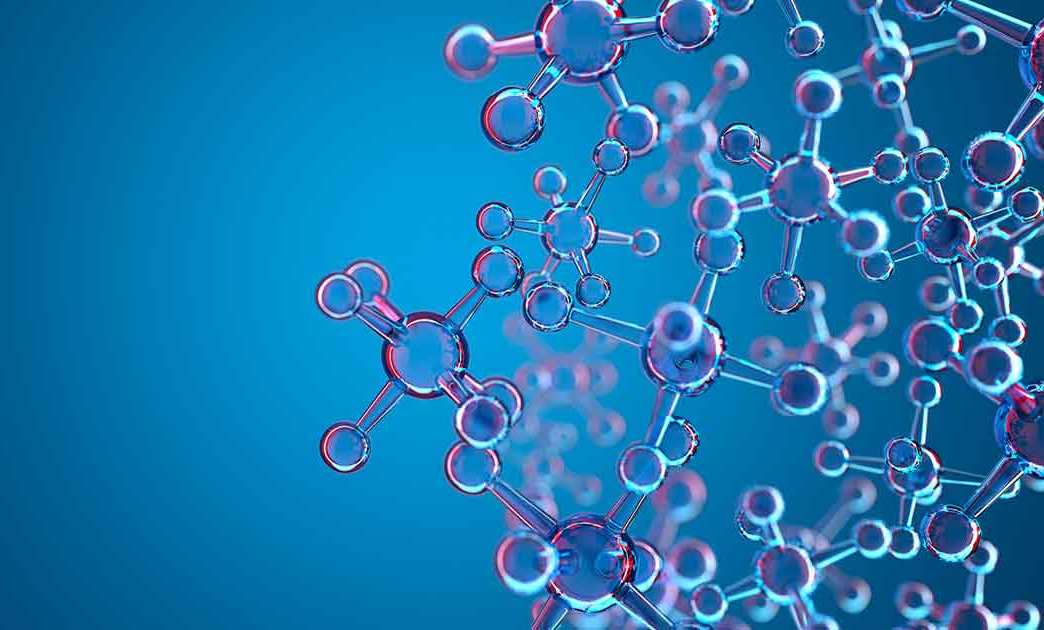Most of us are already washing our produce before consuming it at home; at least giving it a quick rinse under the faucet. But do you have any idea what’s on it or why it’s so important to clean it?
All produce is covered in some pesticides. In fact, from the 1950s to the 2000s, worldwide pesticide production has increased by about 11% each year (1). Do you know exactly what a pesticide is? It is a chemical used to control any organism that might invade or damage crops, food stores, or homes (2). Because we have a wide array of potential pests, we have a wide array of pesticides:
- Insecticides protect against insects and their eggs.
- Herbicides protect against weeds.
- Rodenticides protect against vermin.
- Fungicides protect against fungi.
Pesticides may be synthetic (produced in a lab) or organic (naturally-occurring). Both have been proven to be harmful to humans and it is important to understand that “natural” does not mean “safe”. Also, “organic” most certainly does not mean “pesticide-free”: It only means that the pesticides used were naturally-occurring. There are a slew of naturally-occurring substances that we know to be harmful to humans. For example, anthrax is naturally occurring but can kill you fairly efficiently and swiftly!
Because we know that pesticides are harmful to humans at certain levels, our regulatory agencies attempt to determine those levels and assure that they stay under the determined thresholds. The problem is that they often rely on incomplete or inconsistent data in order to determine the safety limits (3). Also, the regulatory agencies often rely on data from industry-funded studies, with a high likelihood of bias (4). Additionally, some of the more long-term, subtle effects may not show up in the studies currently used. Also, violations are relatively common (5).
So what are the health effects of pesticide exposure? Well, of course, it depends on the pesticide (there are thousands) and the level of exposure. Also, exposures are cumulative over time and are affected by the number of toxins involved. Exposure to one pesticide may not be as detrimental as exposure to two or more simultaneously. It is safe to say that once safety thresholds are crossed some common health effects are seen. These effects are often chronic (long-term) and do not show up for years after exposure. Cancer is a common effect of pesticide exposure with brain, lung, liver, blood, breast, prostate, and ovarian cancers being most common. Pesticides are often endocrine disruptors, leading to sterility, infertility, birth defects, spontaneous abortion, and still birth. Insecticides and rodenticides often target the brain and nervous system thus leading to dementia, Alzheimer’s, and Parkinson’s disease (5). Most alarming is that children are often more susceptible because they are developing more quickly and less able to detoxify and excrete pesticides. They also consume proportionally more food (per pound of body weight) than adults (6).
Now that you know why you don’t want pesticides on the food that you eat, let’s discuss what you can do to remove them. A 2019 study published in International Journal of Environmental Research and Public Health, found that washing with tap water removed 10-40% of pesticides from produce. Washing with alkaline electrolyzed water (AIEW), on the other hand, removed 40-90% (6). AIEW comes from water ionizer machines, which produce filtered alkaline and acidic water right at your kitchen sink. Alkagem suggests soaking produce in pH 11 filtered water for at least 3 minutes (the longer the better), then rinsing thoroughly. A double soak/rinse cycle is even more effective. The alkaline pH in the water reacts with the acidic pesticide coating in a reaction called alkaline hydrolysis, breaking down the pesticides into harmless compounds which wash away easily (7). In addition to removing pesticides, you are also removing microorganisms, such as bacteria, that can lead to food-born illness.
Keeping you and your family healthy can feel like a daunting task at times. That’s why you do what reasonably fits into your schedule and budget. Washing your produce in ionized alkaline water is a huge step that you can take towards overall health and wellness in your home. It takes only minutes, yet reaps large benefits, thus exhibiting a large benefit-cost ratio. Nothing feels better than knowing you’ve done all that you can to protect the health and well-being of your family.
REFERENCES
- Carvaljo FP. Pesticides, environment, and food safety. Food Energy Secur. 2017;(6)2:48-60.
- https://www.healthline.com/nutrition/pesticides-and-health
- Robinson, Claire & Portier, Christopher & Čavoški, Aleksandra & MESNAGE, Robin & Roger, Apolline & Clausing, Peter & Whaley, Paul & Muilerman, Hans & Lyssimachou, Angeliki. (2020). Achieving a High Level of Protection from Pesticides in Europe: Problems with the Current Risk Assessment Procedure and Solutions. European Journal of Risk Regulation. 11. 1-31.
- Mie, A., Rudén, C. & Grandjean, P. Safety of Safety Evaluation of Pesticides: developmental neurotoxicity of chlorpyrifos and chlorpyrifos-methyl. Environ Health 17, 77 (2018).
- https://inspection.canada.ca/food-safety-for-industry/food-chemistry-and-microbiology/food-safety-testing-bulletin-and-reports/executive-summary/glyphosate-testing/eng/1491846907641/1491846907985
- https://www.pesticidereform.org/pesticides-human-health/
- Wu Y, An Q, Li D, Wu J, Pan C. Comparison of Different Home/Commercial Washing Strategies for Ten Typical Pesticide Residue Removal Effects in Kumquat, Spinach and Cucumber. Int J Environ Res Public Health. 2019;16(3):472. Published 2019 Feb 6. doi:10.3390/ijerph16030472
- https://www.canr.msu.edu/news/effect_of_water_ph_on_the_stability_of_pesticides


